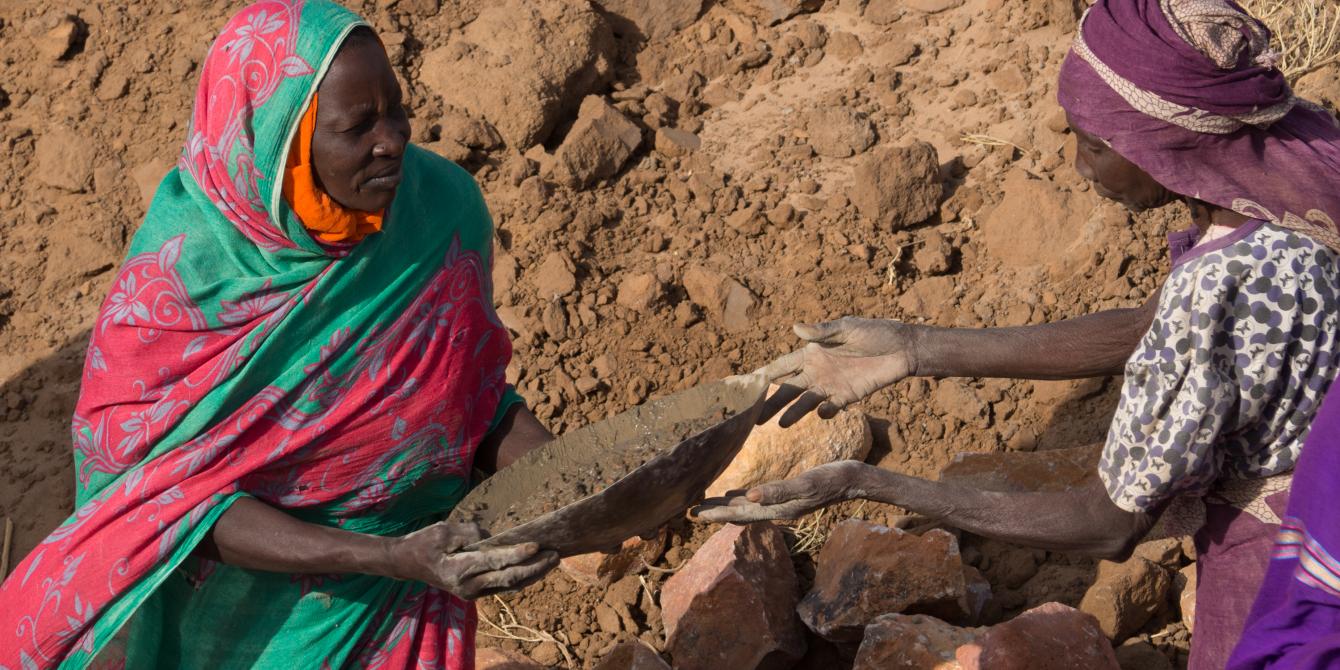Disaster Risk Reduction

Regular and worse crises
Due to conflict, climate change effects and systemic marginalization of poor communities, the region is extremely vulnerable to cycles of humanitarian crises putting livelihoods under pressure. Climate change has also meant that natural disasters like droughts and floods occur more regularly and severely. While emergency assistance remains crucial, communities also need the necessary skills and knowledge to withstand recurring shocks and better protect their lives and means of earning an income.
Strengthening existing capacities
To achieve this goal and through its Disaster Risk Reduction (DRR) flagship project covering Tanzania, Burundi, and DRC, Oxfam aims to build on the humanitarian capacities of authorities, local organizations and vulnerable communities in strengthening their resilience. We will focus on risks and local humanitarian capacity assessment, enhancing emergency preparedness as well as build up community mitigation measures.
A crucial part of this program will be the set-up of a Local Grants Facility, through which local actors will have direct access to humanitarian funding, allowing them to independently design and manage a response and ultimately local accountability and connectivity.
When a crisis strikes, aid agencies are often running against time to provide assistance and save lives. But what if communities led from the front?

 Follow us on Facebook
Follow us on Facebook Follow us on Twitter
Follow us on Twitter